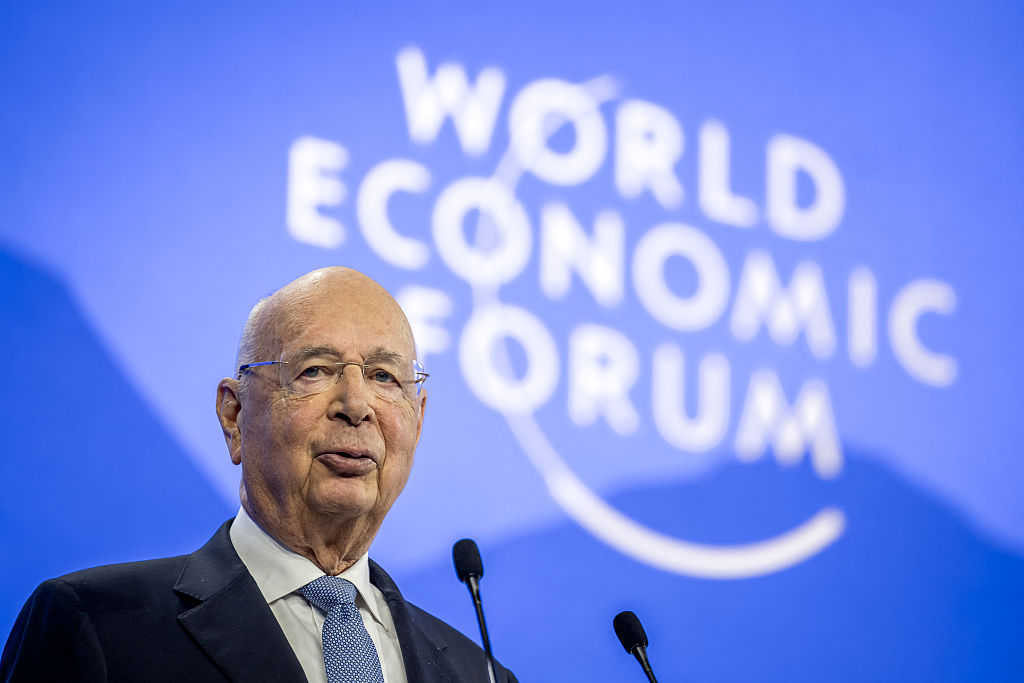We are living through one of the most consequential transitions in the history of business. Just as steam power and electricity once transformed entire industries, today intelligent technologies—artificial intelligence (AI), automation, and digital platforms—are reshaping the foundations of commerce, competition, and capitalism itself.
This is more than a technological revolution. It is a redefinition of what it means to create value, to lead, and to thrive in an age of constant disruption.
[time-brightcove not-tgx=”true”]
For over a century, business operated under assumptions inherited from the industrial age: that growth meant scale, that efficiency trumped adaptability, and that workers were interchangeable units of production. But those assumptions are collapsing under the weight of new realities. In the “Intelligent Age,” value is no longer tied primarily to physical assets but to ideas, relationships, algorithms, and the ability to learn faster than change itself.
A business enterprise is no longer a pipeline; it is a platform. It is not just a machine; it is a living, adaptive ecosystem. And leadership is no longer defined by control but by the capacity to navigate uncertainty with purpose and foresight.
The companies that will shape the next decade are not necessarily the biggest, but the boldest. They are not waiting for disruption to come to them. The corporations of tomorrow are using intelligent technologies today to reimagine the very purpose of their business. Whether through personalized health, climate-neutral operations, or AI-enhanced problem-solving, these businesses are turning possibility into purpose.
But let us be clear: this transformation is not automatic and it is not benign. Intelligent systems carry the potential to either amplify humanity or diminish it. If businesses pursue only efficiency, they will replace people. If they pursue meaning and innovation, they will elevate people. The choice is ours, and it is one of the defining choices of our time.
This is why business leaders must go beyond digital transformation. We must undergo a mental transformation. We must shed the habits of an age obsessed with short-term profit and embrace a model of enterprise that places resilience, inclusivity, and human dignity at its core.
Over the past several decades, I have witnessed how economic paradigms evolve. What I see now is not just evolution, it is a civilizational leap. A new kind of capitalism is emerging, one that is informed by intelligence, driven by purpose, and accountable to all stakeholders, including future generations.

